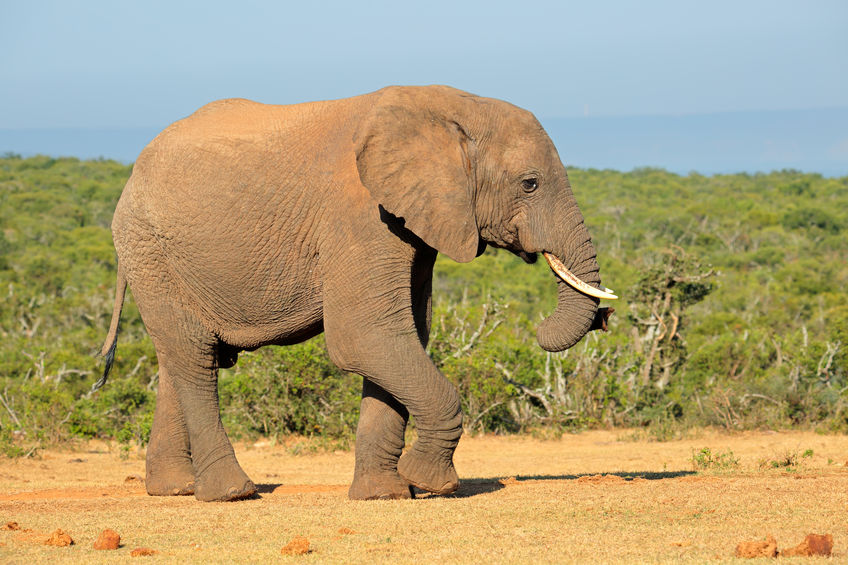In May, Botswana discontinued its ban on hunting elephants. While this sent liberal green activists into a tizzy – the president of Botswana stood firm and fired back in defense of his policy in a Wall Street Journal editorial entitled “Hunting elephants will help them survive.” His reasoning couldn’t have been more spot on.
For years free-market conservationists have argued that the promotion of trophy hunting as well as the sale of ivory on the open market will help put a market value on wildlife. This market value will help ensure the species survival – much like it has done with the alligator and bison in North America. Prohibiting trophy hunting and ivory sales creates a black market, fueling extinction.
Botswana is actually a success story with respect to elephant conservation in Africa. While many nations have seen their herds diminish, Botswana has witnessed an explosion of the animals – climbing in numbers from 50,000 elephants in the 1990’s to over 120,000 elephants today.
While the President of Botswana didn’t go as far as to extol the value of trophy hunting, he did tout the wisdom of allowing local citizen participation in managing elephant herds.
His reasoning again is sound, as he explains:
“So how does hunting help? First, lifting the ban will help local people protect themselves. In the past, when people were allowed to shoot rogue elephants who wandered into inhabited areas, conflict between humans and elephants was rare. If elephants learn that an area is dangerous, they will avoid it.
Because of the hunting ban, elephants have had no reason to avoid villages and farms. It may sound harsh, but if one or two marauding elephants are shot, the rest will quickly learn to keep out of areas where they shouldn’t be. Sacrificing a few elephants will allow us to save many, many more, and protect the people of Botswana.
Second, most experts agree that the key to successful wildlife conservation is “community-based resource management.” Put simply, habitat loss, poaching and other problems that threaten endangered species cannot be solved without the support of local people. To win that crucial support, elephants need to constitute a benefit, not a burden, to those who live side-by-side with them.
Botswana’s plan—allowing limited, tightly controlled hunting, and allocating to community organizations most of the two or three dozen hunting licenses we intend to issue—is part of a larger economic program aimed at doing just that. Rural communities that have come to resent the elephants will gain a strong incentive to value them—and what you value, you take care of.”
